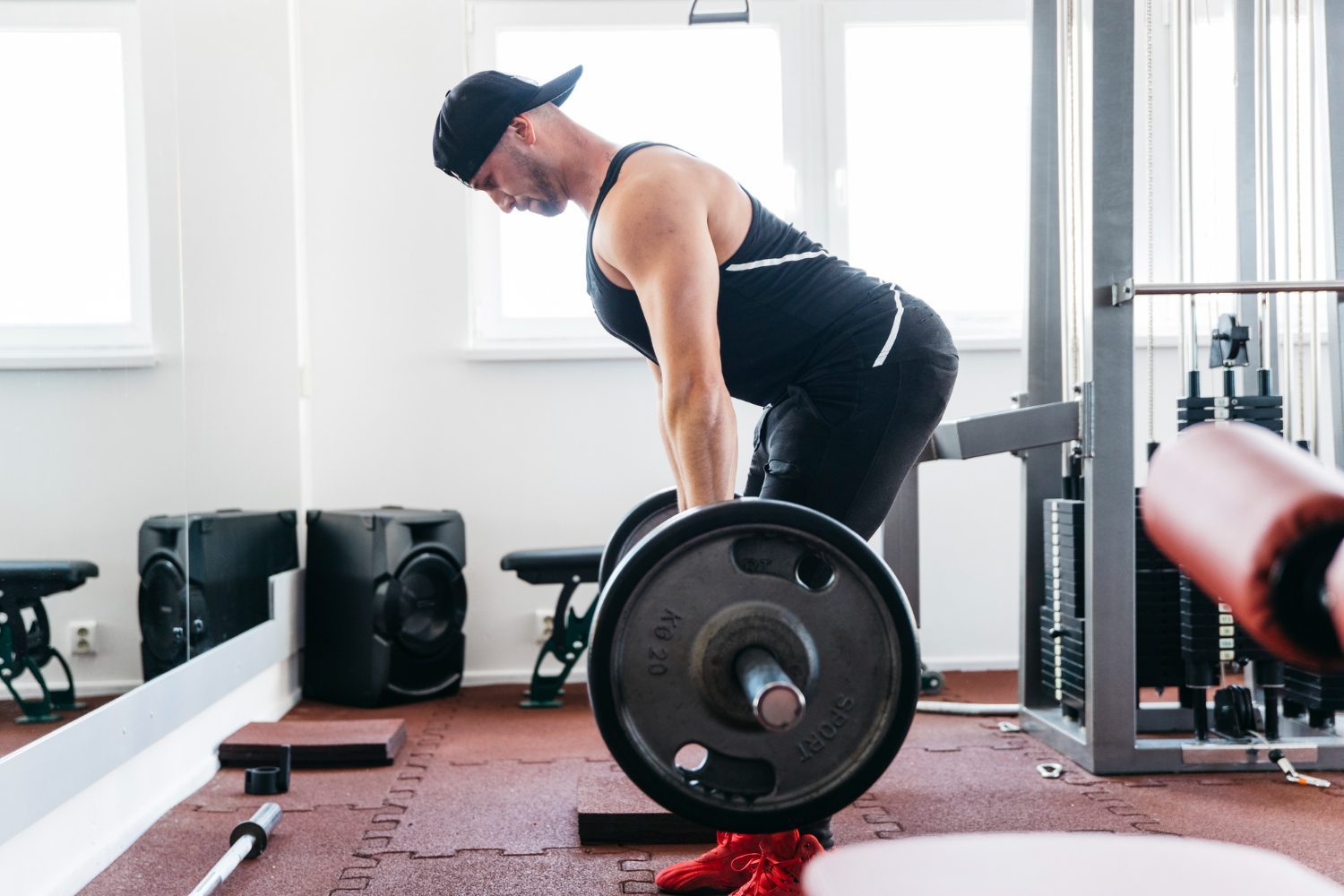In English and in the world of fitness, a phrase that says Lift Heavy or Go Home is very popular , which we translate as lift heavy or go home. Does this mean that if we don’t lift heavy weights it’s not worth training? Is lifting heavy weights really better than doing high repetitions with low weights? I personally have an opinion on this, but first let’s see what the studies say.
The most important study that we can find regarding the weights used and the number of repetitions is this 2016 meta-analysis that compared the results of lifting heavy (weights above 65% of a maximum repetition ) with lifting light (weights less than 65%).(1)
After analyzing hundreds of studies with hundreds of patients, it was concluded that both groups obtained more or less the same gains in terms of hypertrophy, even though there were some experiments in which light weight individuals did up to 100 repetitions. per exercise. Imagine if the weights used were low in some cases that patients were able to do up to one hundred repetitions in a row.
Training With Heavy Weights in the Gym is Not Always Worth It.
Meta-analysis is that the weight used is not as important as the total volume of the training. That is, the weights used by the number of repetitions and series. According to experts, as long as the training volume is similar, the hypertrophy results will also be similar.
Therefore we would obtain the same hypertrophy if we do three chest sets of twelve repetitions with 100 kilos of weight as if we do seven sets of three repetitions with 170 kilos. In both cases the volume is similar and the results will also be similar.
So do I have to lift heavy?
No, or rather, not always. If your goal is to gain muscle mass there is no reason to lift maximum weights or very close to your maximum repetition.
To begin with, the studies conclude that in terms of hypertrophy the results will be similar, but the risk of training heavy is also very high. The closer to your maximum repetition you are working, the worse the technique will be and the greater the chances of making an involuntary movement that ends in injury. It is simply an unnecessary risk.
The only case in which I do recommend pulling heavy is when you train for a strictly strength sport such as powerlifting or weightlifting . As we can see in this study from October 2015, although the results in terms of hypertrophy, again, are similar in strength if differences are noted. In it, people who used high weights gained more strength in both their torso and legs.
Bottom Line.
Training with heavy weights in the fitness center can yield great strength and muscle gains for plenty individuals, it’s not continually the maximum suitable technique for anybody. Factors which include individual dreams, fitness stage, injury records, and personal choices must be considered whilst figuring out the simplest schooling regimen. Incorporating a number of sporting events and training modalities tailored to 1’s unique needs and limitations can lead to higher average outcomes and reduce the danger of damage. Ultimately, the key is to find a balanced technique to strength schooling that aligns with one’s targets and promotes lengthy-time period health and health.
+1 Source
FitToFar has strict sourcing guidelines and relies on peer-reviewed studies, educational research institutes, and medical organizations. We avoid using tertiary references. You can learn more about how we ensure our content is accurate and up-to-date by reading our editorial policy.
- Muscular adaptations in low- versus high-load resistance training: A meta-analysis; https://pubmed.ncbi.nlm.nih.gov/25530577/

 Workout
Workout
 Meditation
Meditation




 Contact Us
Contact Us















